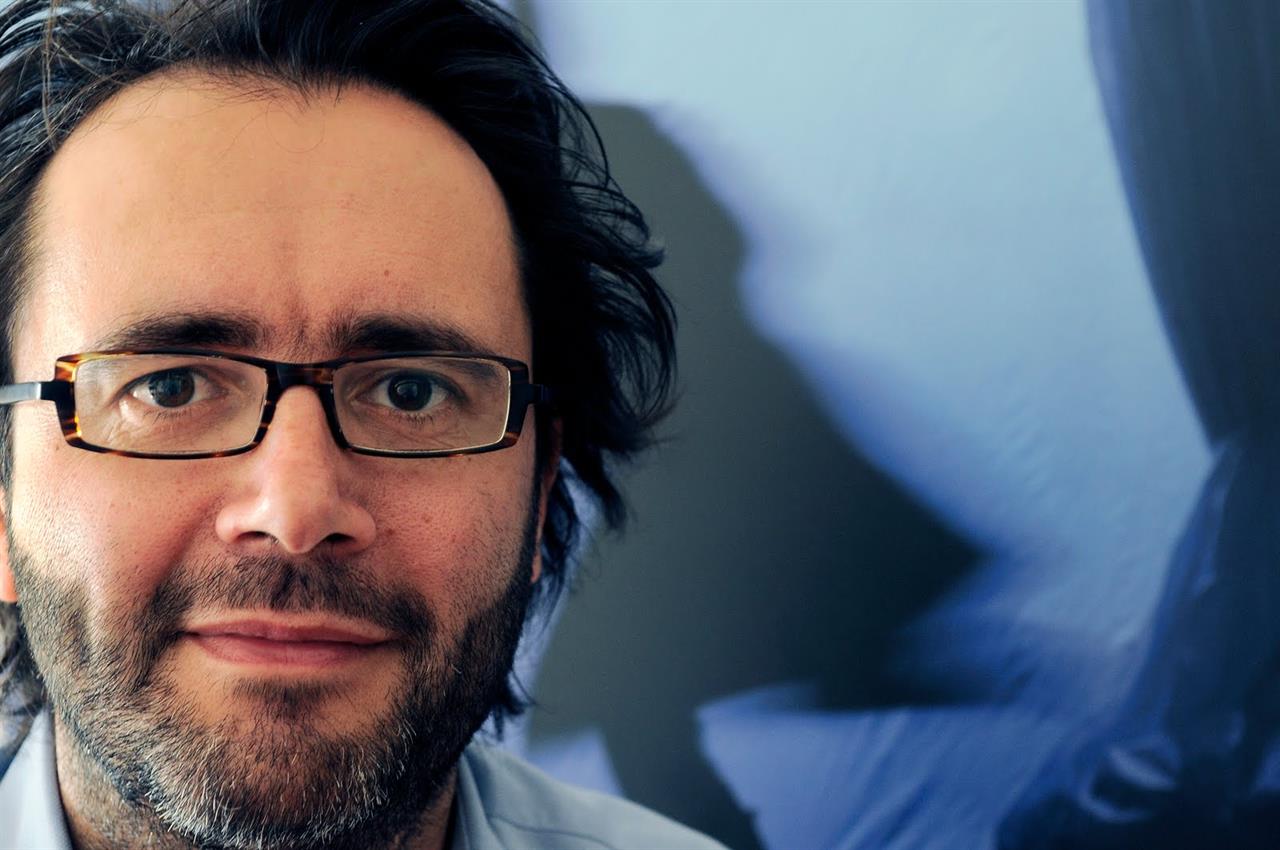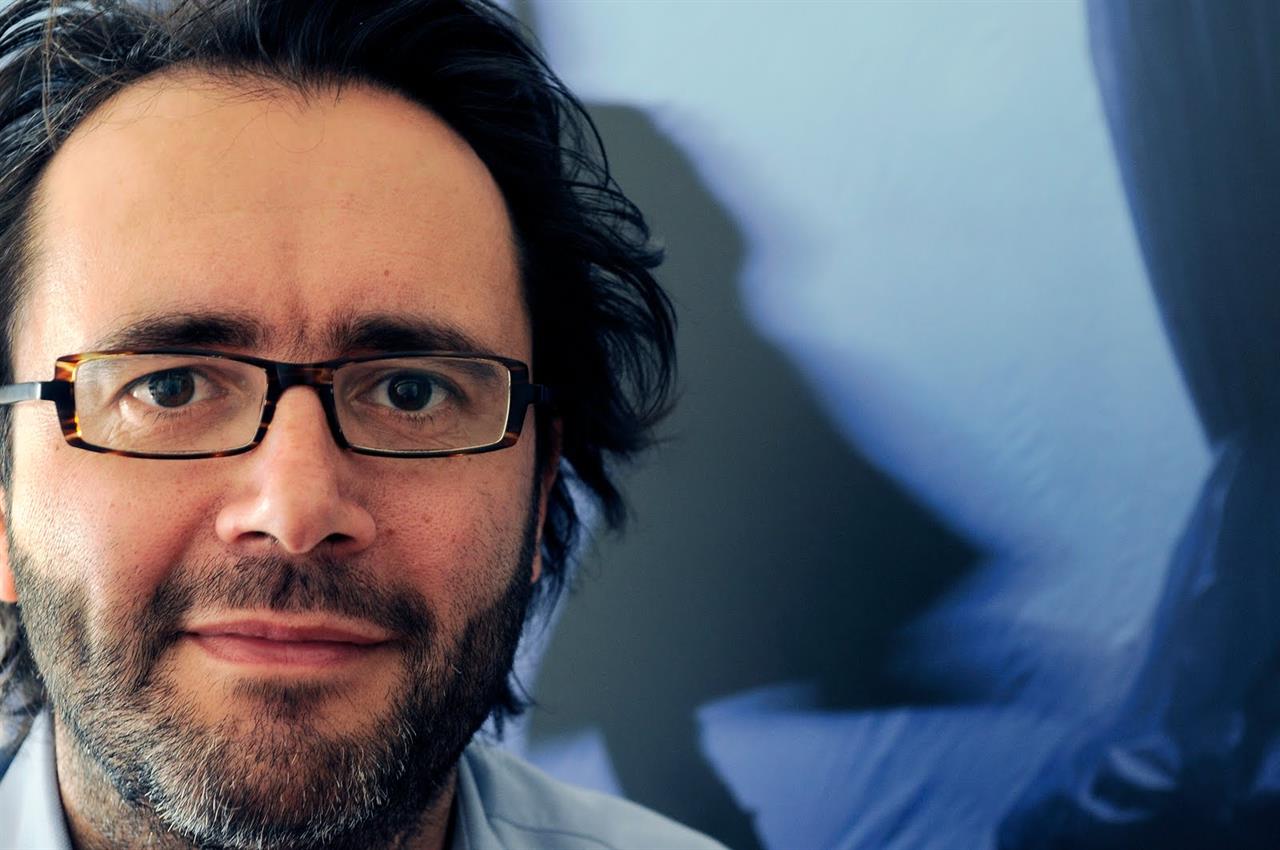
After years of silence and hiding, Italian innovators are re-emerging on the international scene. You will be familiar with Draghi, the head of the ECB, and Monti, the Italian PM. The first is leading the rescue plan for the euro, and the second one is saving the Italian State from bankruptcy, defying the risk of an Eurocollapse – but who’s the Italian reformer of the third sector?
If you are not able to answer in 30 seconds you didn’t attend the last workshop on social enterprise organised by Iris Network at Riva Del Garda last week. Over 400 people, amongst whom were practitioners, academics, journalists, politicians and business-people, gathered on the shores of Garda lake for the largest conference on social enterprise and third sector in Italy, which has taken place every year for the last 10 years.
Like a film director who never appears on the scene but makes the success of a film, Flaviano Zandonai is the director of the event. He’s our man: the quiet innovator of the third sector in Italy.
This year I was invited for the first time to take part in the opening session on European policy on social enterprise, together with the big shots of the Italian third sector: Giuseppe Guerini, President of the national association of social cooperatives (Federsolidarietà); Prof Carlo Borzaga, President of the European research centre on coops and social enterprise (Euricse) and the top academic on coop studies in the country; Marco Morganti, CEO of Banca Prossima (bank of third sector) and Massimo Baldinato, advisor of the European Commissioner Tajani (+ Jonathan Bland, former CEO of UK Social Enterprise). Riccardo Bonacina, founder and editor of Vita, the sector’s magazine, facilitated the session .
I didn’t realise what had been prepared before finding myself in the storm of the discussion.
Italy is a conservative country which has lost its identity, as proved by the last 20 years of slow but constant decadence. Italians need to change but have lost hope and steam. Innovation can’t be imposed from outside or above, but has to emerge from within the country’s tradition. It might be triggered as an interference in the system but has eventually to be endorsed by people – adapted and re-engineered by them.
This is exactly what Flaviano has done quietly and constantly since I met him few years ago. At every event, in every article or blog, he drops a story from outside that brings a bit of fresh air for the minds of our fellow Italians. In Riva I found myself a character in one of Flaviano’s stories.
By script, I played my role, turning the session in a friendly fight with Prof Borzaga on tradition and innovation of the third sector. I won’t call it old school vs. new school. It doesn’t matter what you want to call it, we definitively entertained the audience and somehow challenged it. Perhaps the audience was silent but it blew up online. I received more twits in a day than in the last month.
One of the main findings of Flaviano’s research that he presented at Riva – Annual Report on Social Enterprise – is that social enterprises and social coops are neither growing nor shrinking, but stable. This sounds like the frog in the hot water, boiled to death without realising the change in temperature. Flaviano is like the mosquito’s sting reminding the frog it’s time to jump out of the water.
If there is a way to connect Flaviano’s sting to the online action, a reverse of tide might affect the whole society as well. It happened in the Arab countries. Why not in Italy?
I must close by acknowledging the merit of a silver-back. Prof Borzaga – despite playing the role of champion of orthodoxy – keeps on backing young innovators like Flaviano. They wouldn’t survive in the fire of the real enemies of change. I am well aware of this, because I have my guardian-angels as well. I respect and praise them every day even if we clash sometimes. Seniors and juniors head for the same goals, although might take divergent paths to reach them.
Vuoi accedere all'archivio di VITA?
Con un abbonamento annuale potrai sfogliare più di 50 numeri del nostro magazine, da gennaio 2020 ad oggi: ogni numero una storia sempre attuale. Oltre a tutti i contenuti extra come le newsletter tematiche, i podcast, le infografiche e gli approfondimenti.

